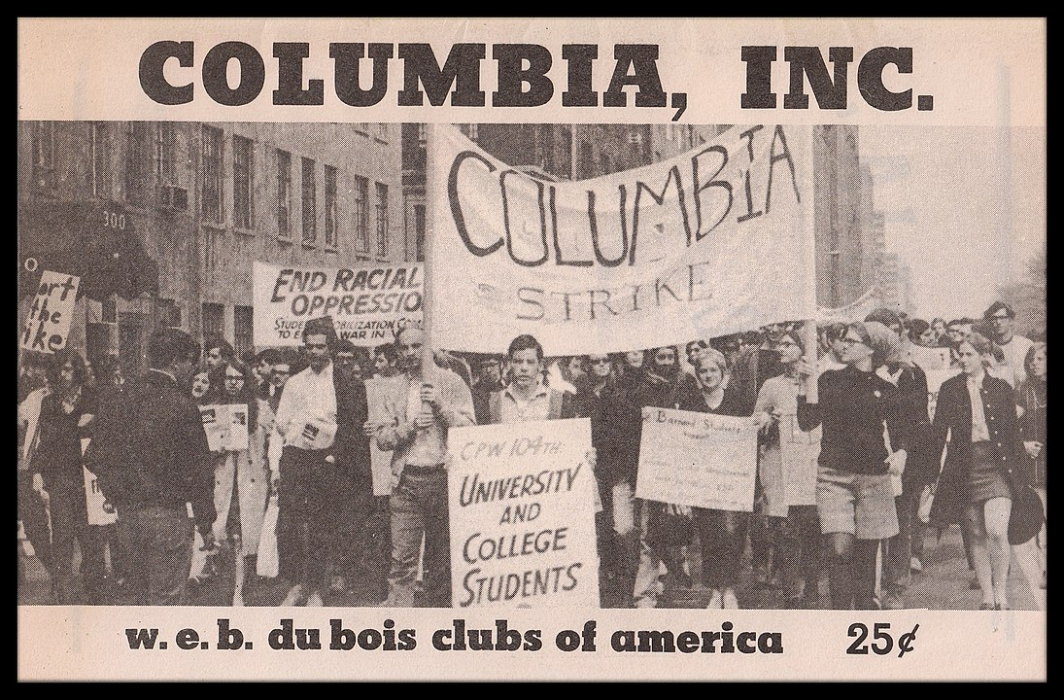The Supreme Court decision in W.E.B. DuBois Clubs of America v. Clark, 389 U.S. 309 (1967), was initiated when the U.S. attorney general petitioned the Subversive Activities Control Board, which had been created under the McCarran Act of 1950, to hold hearings to determine whether the W.E.B. DuBois Clubs of America should register as a communist-front organization.
Communist youth organization alleged McCarran Act violated First Amendment
Before the hearings were held, the organization, which was a youth organization sponsored by the Communist Party of the United States, went to court to have the law related to communist-front organizations declared unconstitutional under the First Amendment.
In a per curiam opinion, the Court upheld the dismissal of the suit by a three-judge district court on the basis that the W.E.B. DuBois Clubs of America had failed to exhaust its administrative remedies.
Supreme Court cited lack of evidence of law being used to harass W.E.B. Dubois clubs
The Court’s decision attempted to distinguish the decision in Dombrowski v. Pfister (1965) from the case at hand by arguing that as opposed to Dombrowski, there was no factual evidence in this case to indicate that the law was being used to harass the organization.
The Court added that the hearings held by the Subversive Activities Control Board would not have been criminal in nature.
Two justices thought McCarran Act provisions violated First Amendment on their face
In dissent, Justice William O. Douglas, joined by Justice Hugo L. Black, declared the challenged provisions of the law as “void on their face.”
He wrote that the law was invalid because it was directed not at “a group engaged in action but in advocacy” and that this was contrary to “the First Amendment rights of assembly, petition, and expression” as well as “the right of association.”
He and Black believed the law at issue was “overbroad” and that it would have a “ ‘chilling’ effect on the exercise of First Amendment rights.” They warned that a government that had the right to investigate beliefs of one end of the political spectrum would also have the right to investigate beliefs of those at the other.
John Vile is a professor of political science and dean of the Honors College at Middle Tennessee State University. He is co-editor of the Encyclopedia of the First Amendment. This article was originally published in 2009.

